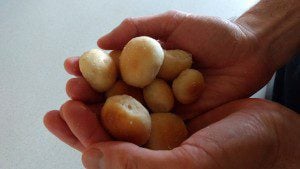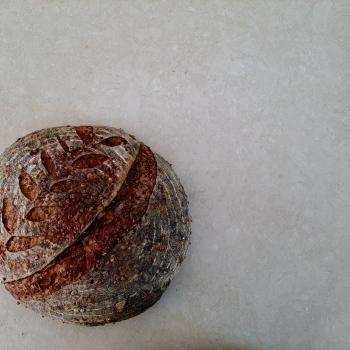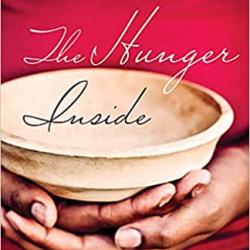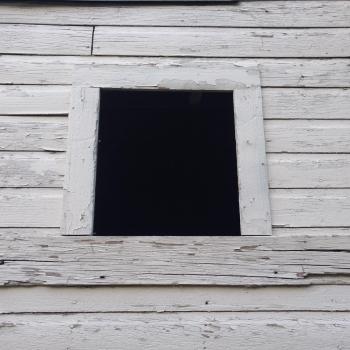
Back when I was a graduate student in the big city, I got befriended by a young Salvadorean Jesuit named Kaiser. We started out studying New Testament Greek together (in Spanish, which pretty well crossed all my wires). Our relationship grew from there, and Kaiser ended up inviting me to his thesis defense and later ordination in downtown Boston. The Lord’s table factored highly in both settings. Kaiser spoke of the “Eucharist,” a term that comes right out of the New Testament and means “thanksgiving.”
It was all new to me. I grew up in an evangelical church where communion involved tiny cracker breads and thimble-sized glasses of juice. Communion was an ordinance, something we did because Jesus ordered us to, something extraneous to the real work of understanding the Scriptures. Communion was hardly the “source and summit of our faith” as it was for Kaiser and other Catholics.
Somewhere along the line, bumping into faith like Kaiser’s and diving into my own study of the significance of communion in the New Testament and early church, I got hooked. I’ve been on a pilgrimage to deepen my encounter with the living Christ at the Lord’s table ever since.
One thing I’ve learned along the way is that giving thanks at the Lord’s table is counter-factual. I don’t mean this in the way that some Christians have asserted that the bread and the cup–counterfactually–are really the body and blood of Jesus (though this is true enough in its own way). What I mean is that when we break bread with Jesus, we’re giving thanks not just for the good we find in our lives, but for the larger reality of Christ’s kingdom. We’re acknowledging all the ways that we owe our praise and allegiance and thanks to God, regardless of what’s going on in our lives or the world. That’s our Eucharist, the eucharisteo of the Lord’s Supper (Luke 22:19). This giving thanks is counterfactual because it counters the pessimistic facts presumed by the world with the deeper–and ultimately truer–fact of Jesus’ kingdom.
Giving thanks in and for the kingdom forms us as Jesus’ people. It sets us at an odd angle with the world. My friend Kaiser lived this out. He knew when to lay down his studies and pay attention to what was going on around him. He didn’t mind me with my low-church theology questioning his liturgical ways. Maybe he saw a high-church spark in me and knew I would come around. Who knows?
What I do know is that now more than ever we need to find our truest identity and life at the Lord’s table. There’s a heap of rancid and pessimistic words out there. There are leaders jiggering with our identity, scratching out our welcome for the “least of these.” We need to get regrounded and recentered. Only the Lord’s table can do that, because it’s at the Lord’s table that we’re formed as Jesus’ people, grounded in the fact of Jesus’ life, death, and resurrection, always breaking bread and always giving thanks.












